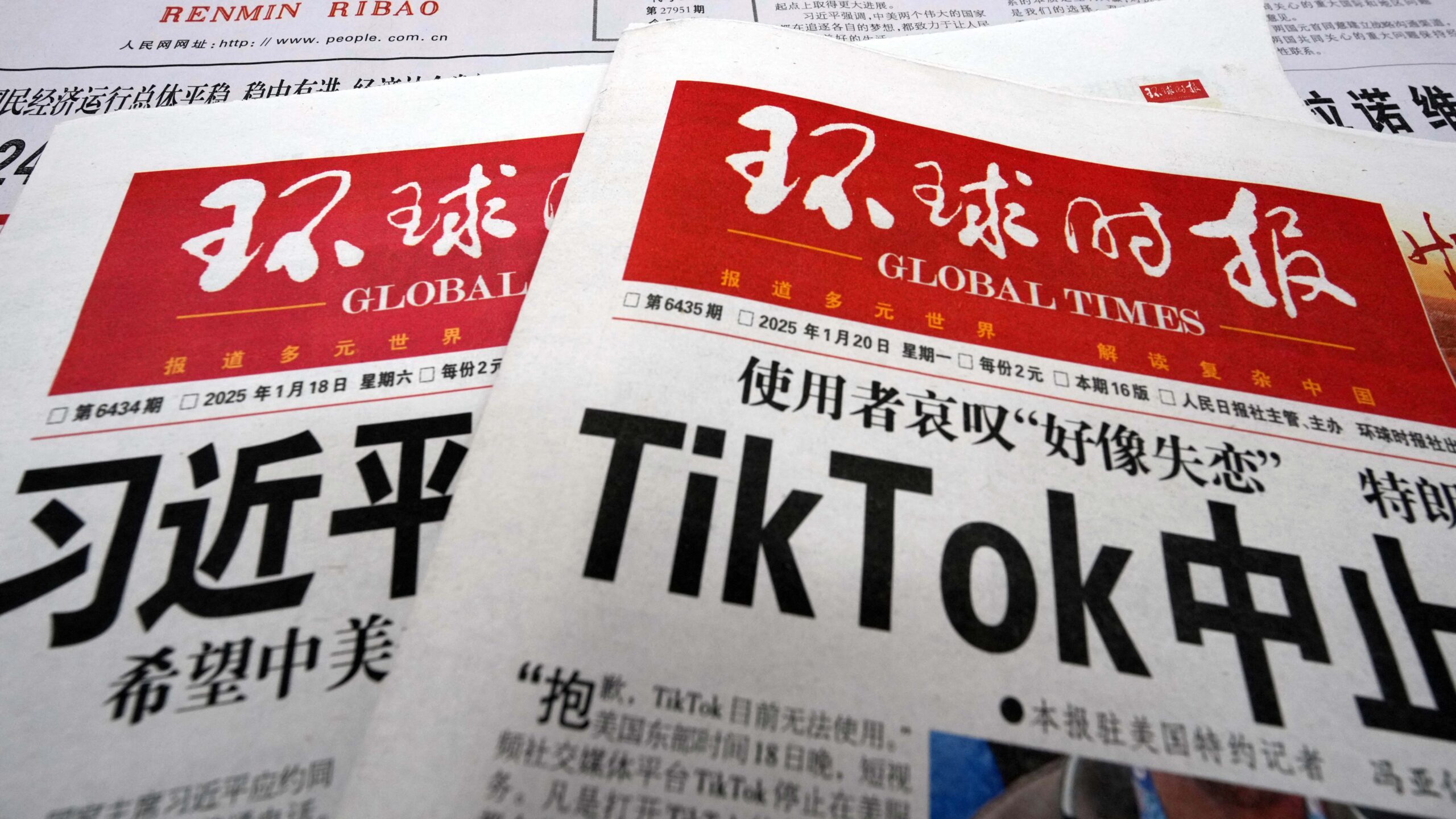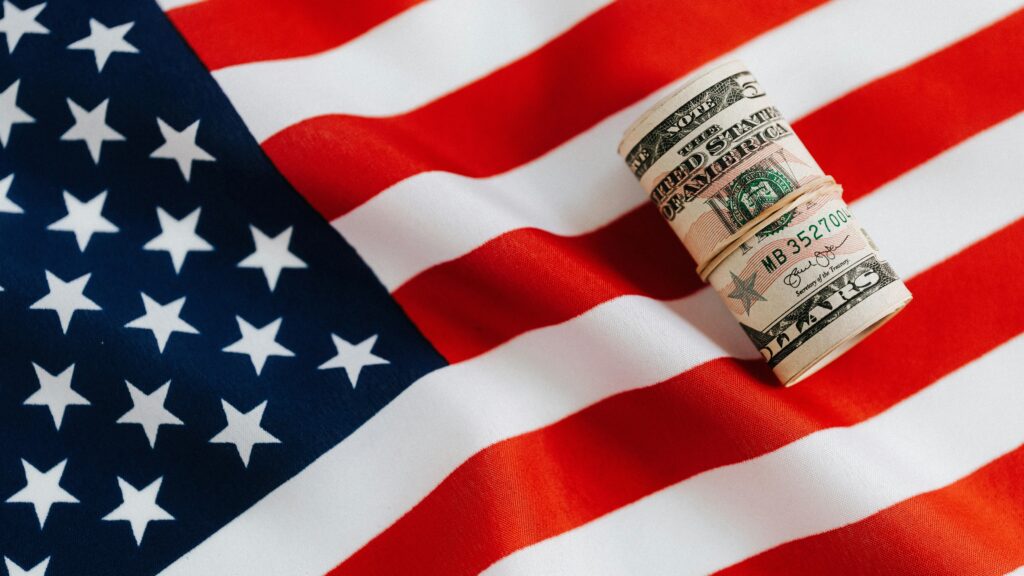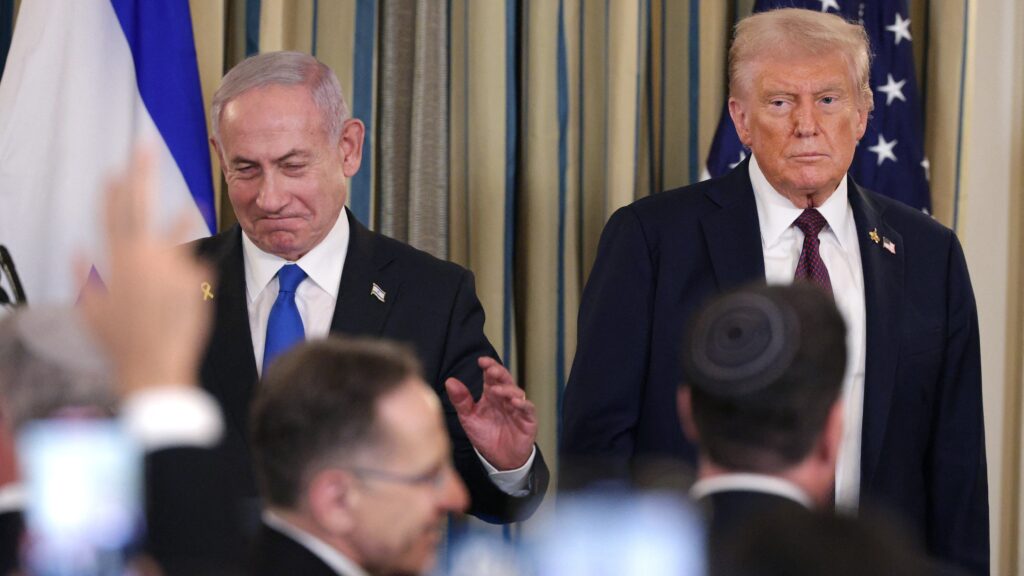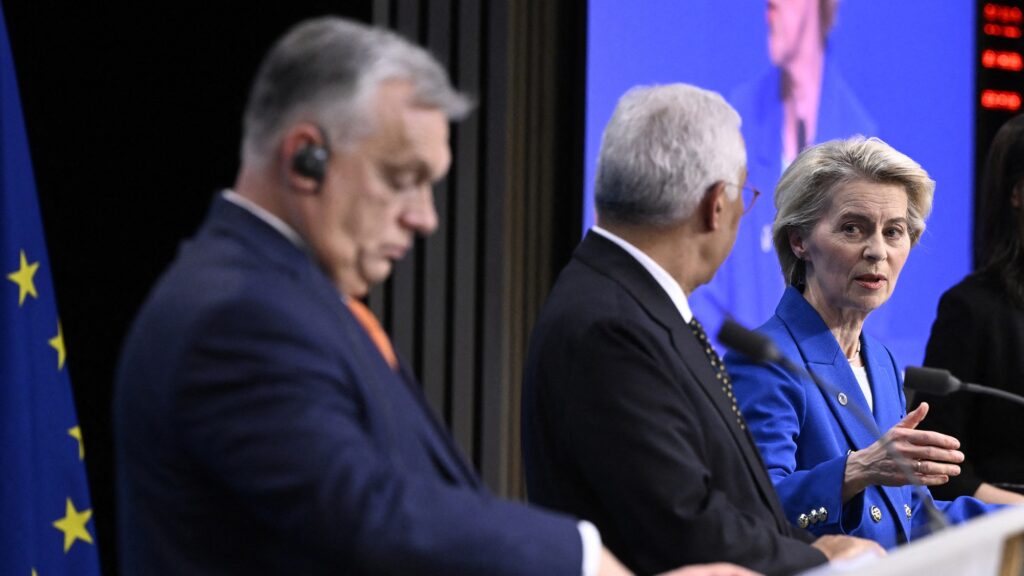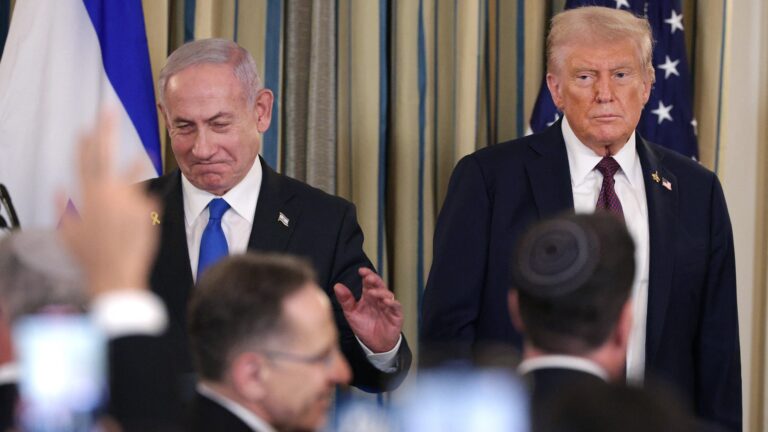On 21 September 1949 Chinese Communist Party (CCP) Chairman Mao Zedong, during his speech at the First Plenary Session of the Chinese People’s Political Consultative Conference that announced the founding of the People’s Republic of China (PRC), proclaimed: ’Ours will no longer be a nation subject to insult and humiliation. We have stood up.’
With those words, Mao explained that a new era had begun for China under CCP leadership. To those unfamiliar with the 5,000-year-old Chinese history, such a proclamation comes off as perplexing. What insult or humiliation was he taking about? To whom were the Chinese standing up against?
Last week China kicked off its New Year, also known as the Spring Festival, with the Year of the Snake. For the Chinese, as for other Asian countries, the snake is associated with wisdom, charm, elegance, and transformation. Those born in the Year of the Snake are believed to be intuitive, strategic, and intelligent. A fitting theme as markets are hopeful that Beijing’s strategy of ’short term pain for long term gain’ is enough to push the Chinese economy to a new stage of development.
China, in the words of its present-day leader Xi Jinping, ’will undoubtedly break new ground in reform and development as long as we strengthen our conviction and confidence, confront problems and obstacles directly and tackle risks and challenges without hesitation.’
This is a war of words from the world’s second largest economy, which has for some years, raised concerns, if not fears, among western leaders; in particular, the United States.
Indeed, during the presidential campaign, Donald Trump threatened China saying that if elected he would punish the Chinese for their ’unfair’ trade policies and for importing fentanyl routed via third countries into the U.S. with a 60 per cent on all of its imports. Yet Trump, who spoke with Xi days prior to his inauguration, seems to be showing restraint, bowing to a more complicated reality than he described while running for office. And, now that he is back in the White House, not only has he rescinded from his tough talk, he has taken on a conciliatory tone saying: ’We look forward to doing very well with China and getting along with China.’ Trump has rescinded saying he would only impose a 10 per cent tariff on them.
One thing Trump seems to grasp, keeping in mind that he is very street smart and not to be undermined, unlike most European leaders, is the resoluteness of the Chinese in that they will not revert back to what they call the ’Century of Humiliation’.
Century of Humiliation
The ’Century of Humiliation’ is the historical period between 1839 and 1949 when China’s government lost control over large portions of its territory to foreigners.
In 1839 Great Britain sent gunboats up the Yangtze River to compel China’s rulers to open their ports and markets to the opium trade. China opposed opium. Thus, the British attacked the Chinese in 1841, and by 1860 won the Opium Wars, which led to more than 70 foreign treaty ports. Many countries gained territory by imposing ’unequal treaties’ on China, including the U.S.
In a time frame of just over a century, China suffered other political, military, and cultural indignities, including:
- the ceding of Hong Kong and other territories entirely.
- Japanese control over Taiwan and portions of Manchuria in the 1890s—Japan encroached even further into Chinese terrain during the 1910s and again in the 1930s.
- movements of independence in Tibet, Mongolia, and Xinjiang from the 1910s up to the 1930s, further reducing China’s territories.
- the collapse of the millennia-old imperial system in 1911 that lead to an extended period of further chaos in which the new, nominally republican government was unable to control large swaths of China’ s remaining territory.
These experiences, and subsequent interactions with other Western nations that made similar demands for trade access, marked China’s first sustained exposure to the West, and highlighted its military and diplomatic weakness in the face of Western and Japanese power. The U.S. also took a part of this.
American ’Humiliations’ of China
- Americans joined China’s opium trade after 1776;
- between 1882–1943, the Chinese Exclusion Act that banned Chinese immigration to U.S.;
- U.S. Marines invaded Beijing (1900–1901) to suppress the Boxer Rebellion, which was against Western imperialism;
- jurisdiction of the U.S. Court for China in Shanghai from 1906–1943 in all civil and criminal matters;
- German concessions in China given to Japan during the Treaty of Versailles, which created the May 4th Movement of 1919—a cultural and anti-imperialist political movement.
The truth of the matter is that the Chinese will not allow themselves to be entrapped by Western and non-Western foreigners alike as they did during the ‘Century of Humiliation’. Xi is determined more than ever to have China emerge as the greatest power on earth, thus seeing the U.S. not as a partner but as an adversary that is equally determined to do everything it can to ensure he fails.
Engaging into a trade war with Beijing, as President Trump did during his first term in office, was forcefully met by the Chinese, which only benefitted them as they demonstrated their resolve against U.S. tariffs every step of the way.
When in 2018 President Trump ordered the implementation of a 10 per cent tariff on Chinese aluminum, a 30 per cent tariff on solar panels and electric vehicles, and a 25 per cent tariff on steel and nearly everything else made in China, Beijing responded by moving its exports to other countries, as well as its imports from other countries. Beijing also shifted the purchase of soybeans from the U.S. to Brazil. After several tit-for-tat tariff increases, the trade war, which continued into the Biden administration, only made the trade deficit worse. Cost increases also led to a decline in U.S. manufacturing jobs, and the costs imposed by tariffs on Chinese imports were passed unto consumers.
During the decades following Mao’s declaration of China’s reawakening, the historical account was used to highlight the CCP’s singular and redemptive role in the lives of the Chinese people. This portrayal, however, was modified after the June 1989 Tiananmen Square massacre. Following a period of post-1989 isolation, the ‘Century of Humiliation’ became a key historical narrative for the CCP and was used to both motivate and encourage Chinese citizens to reclaim China’s past glory and its rightful place in the world. With the end of instilling a sense of nationalistic pride, the CCP, aside its control of their media, has methodically curated curriculum that begins in elementary school.
It is always imperative to grasp the socio-historical background of a people, in this case the Chinese, if one wishes to successfully engage them as President Richard Nixon did when he visited China in 1972. Trump understands, as his predecessor did, that the ultimate challenge, if not threat to the U.S.-led West is China. Confronting the Chinese, however, is more arduous than meets the eye.
Related articles:

